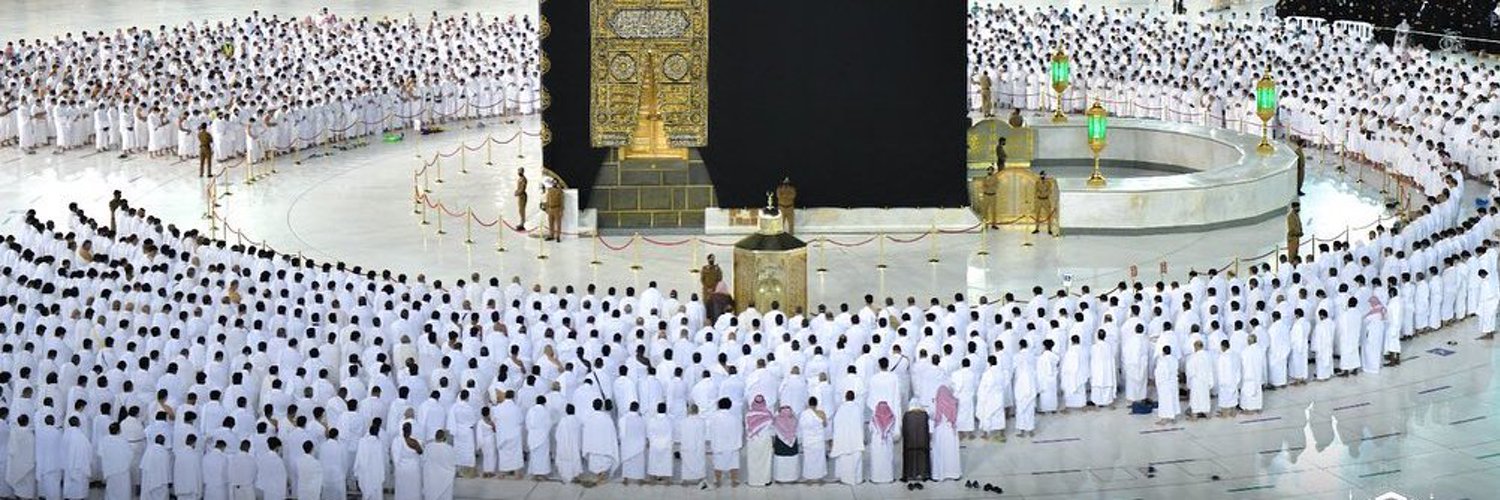With just eight months left before the commencement of the 1447 AH Hajj pilgrimage, relevant authorities in Nigeria have commenced critical preparations to ensure a smooth, safe, and spiritually fulfilling journey for intending pilgrims to the Kingdom of Saudi Arabia. The National Hajj Commission of Nigeria (NAHCON), in collaboration with state Muslim pilgrims’ welfare boards and licensed tour operators, has begun rolling out preliminary plans in line with international standards and Saudi Arabia’s operational calendar.
This year’s Hajj, expected to take place around June 2026 (1447AH in the Islamic calendar), is already drawing significant attention from prospective pilgrims, especially following recent improvements in logistical arrangements and digital registration processes introduced by both the Nigerian and Saudi authorities. Stakeholders are focusing on early visa processing, health screenings, biometric data capture, and accommodation planning to avert the challenges experienced in past operations.
The countdown has also triggered renewed engagement with airline operators, medical teams, and religious scholars who play crucial roles during the pilgrimage. Emphasis is being placed on enlightenment campaigns to educate intending pilgrims on the rites of Hajj, as well as compliance with Saudi Arabia’s evolving regulations on crowd control, safety, and health protocols.
NAHCON has reiterated its commitment to transparency in fare determination and allocation of slots, stating that efforts are ongoing to negotiate favourable terms with service providers in Saudi Arabia amid global economic fluctuations and exchange rate uncertainties. It has also urged interested pilgrims to commence their registration process early and ensure all necessary documentation is completed well ahead of the stipulated deadlines.
Meanwhile, state boards have commenced orientation exercises at the grassroots level, particularly in the northern regions where the majority of Nigeria’s pilgrims traditionally emerge. Islamic scholars, health officials, and travel coordinators are actively involved in pre-Hajj sensitisation efforts to ensure pilgrims are mentally, physically, and spiritually prepared for the journey of a lifetime.
As the Hajj 1447AH season approaches, Nigeria’s early planning signals a strong intention to build on the successes of previous pilgrimages, improve coordination, and uphold the dignity and safety of its pilgrims in line with international best practices.







